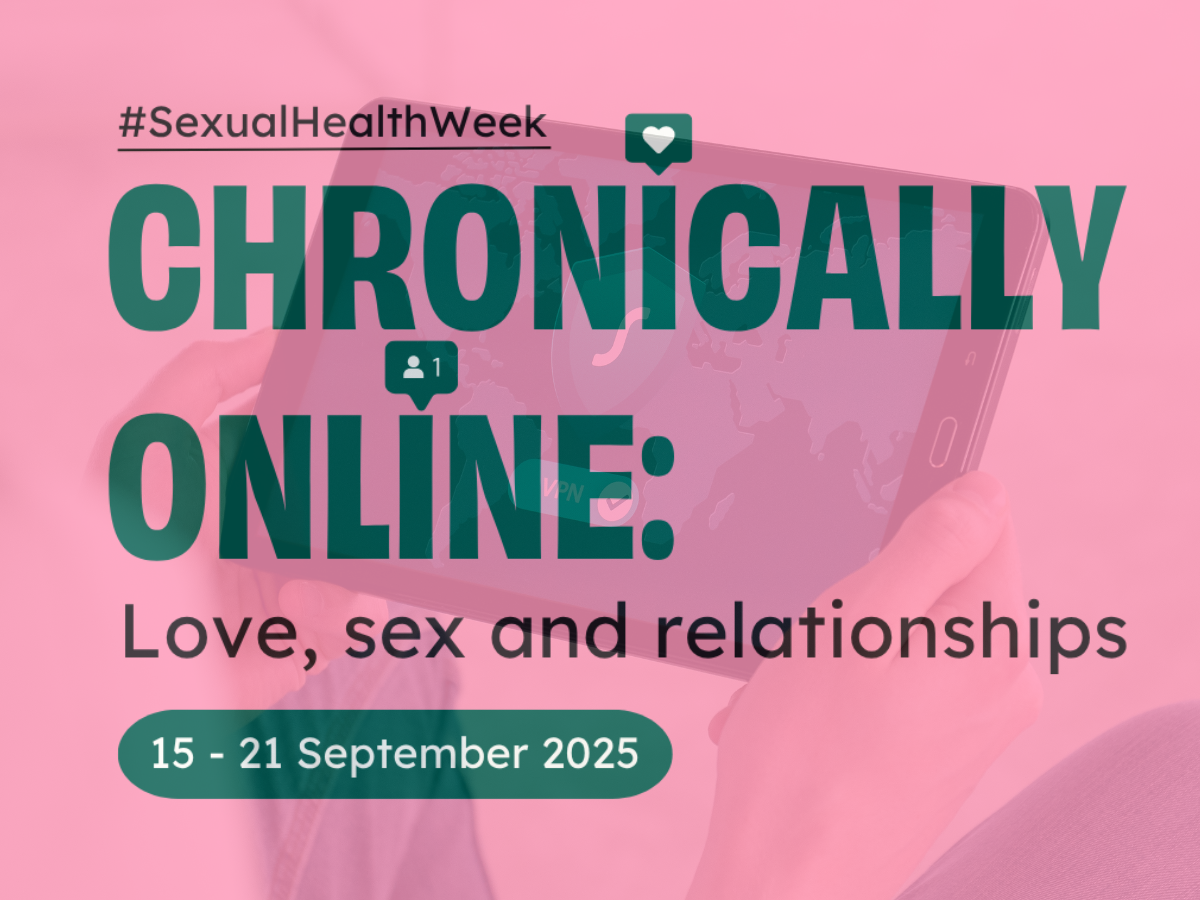In the face of online myths, Sexual Health Week aims to promote accurate information on love, sex and relationships

- Sexual Health Week will take place from 15 to 21 September 2025.
- The theme for this year is “Chronically Online – Love, Sex and Relationships.”
- The campaign addresses the influence of digital culture on perceptions of sexual health.
- Misinformation regarding sexual health can lead to serious adverse effects.
- Experts stress the necessity of reliable information in combating myths and empowering individuals.
Next week marks the commencement of Sexual Health Week from 15 to 21 September 2025, with the theme “Chronically Online – Love, Sex and Relationships.”
Promoted by the Orchard Centre, a sexual health clinic, in conjunction with Public Health, the campaign intends to highlight the impact of social media and digital culture on individuals' understanding of sex, relationships, and overall health.
The initiative aims to address how quickly myths can proliferate online, which can significantly affect the health and well-being of the community.
Dr Nicola Brink, Director of Public Health, said: “In this world that is changing so rapidly, we all need to have access to accurate and reliable information. We need to be able to tackle misinformation and support healthier choices for everyone. We cannot be drowned by online noise and misinformation.”
Dr Brink also emphasised the necessity of considering recent advances in artificial intelligence (AI) and their potential role in enhancing sexual health services.
She questioned how to discern facts from falsehoods in an environment rife with deepfakes and how social media algorithms could distort public understanding of contraception while reinforcing gender stereotypes.
Dr Brink stressed the importance of empowering young people to think critically about online content.
Laura Brouard, Nurse Consultant and Orchard Centre Service Manager, reinforced the significance of the awareness week, stating that it provides an opportunity to challenge myths, disseminate facts, and direct individuals to trusted resources. “Accurate knowledge empowers people to make informed decisions about their health.”
The campaign also addresses prevalent misconceptions surrounding sexual health. Some common myths include:
Myth: The contraceptive pill makes you infertile.
Fact: Fertility usually returns quickly after stopping the pill; most individuals can conceive within a few months.
Myth: Hormonal contraception always causes weight gain.
Fact: Research indicates no consistent relationship; minor changes may occur, but experiences vary.
Myth: You can identify STIs by observing a person.
Fact: Most STIs lack visible symptoms and testing is the only definitive method of identification.
Myth: Testing is only necessary if symptoms are present.
Fact: Many STIs are asymptomatic yet can result in long-term health issues if untreated.
Further information on sexual health can be accessed through various resources including gov.gg/sexualhealth, brook.org.uk/shw/, fpa.org.uk/, and nhs.uk/live-well/sexual-health/.




Comments ()